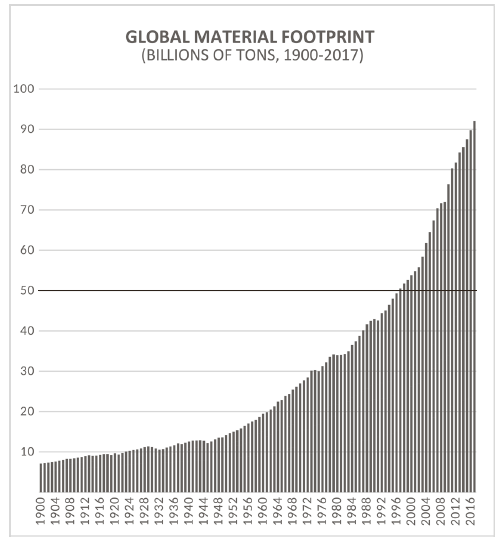
I really enjoyed this discussion with @sjmmcd. It gave us a chance to reflect on degrowth beyond the usual introductory ideas. See what you think: the-trouble.com/content/2021/2…
"Degrowth adds an anti-imperialist ethic to ecosocialism. The call for degrowth in the global North is not just about ecology. It is also a call for decolonization in the global South. Ecosocialism without anti-imperialism is not an ecosocialism worth having."
"It was once thought that we shouldn’t use the word degrowth, for fear of turning people off. I’ve found the opposite; people find it intuitive and refreshing. It makes no sense to patronize people. Appeal to their intellect, their humanity, their sense of care and solidarity."
"People need to be bold enough to use the word. Angela Davis said 'One of the greatest challenges of any social movement is to develop new vocabularies.' Words like degrowth enable new thinking and analysis, and we need that now more than ever."
"The Red Nation's tagline reads 'All Relatives Forever', with relatives here referring to both human and nonhuman persons. Consider the implications of such a politics; it is profound – far more radical, and far more inspiring and enriching, than traditional leftist discourse."
• • •
Missing some Tweet in this thread? You can try to
force a refresh



